15 Oct Youth TechCamp
Youth TechCamp is a collaboration between TechCamp Malaysia 2020 and the American Tech Corner @ Penang Science Cluster. This program aims to introduce media literacy to secondary school students and undergraduates.
Virtual Kick-off
The virtual kick-off event via Google Meet was a huge success. The session was broadcasted live on Facebook and YouTube, hence attracting a great number of viewers on both platforms. In attendance were around 60 participants as well as Michelle Kevern the Information Officer of the US Embassy Kuala Lumpur, representatives from Penang Institute who organised TechCamp Malaysia 2020, and Mr. Ooi Peng Ee, the CEO of Penang Science Cluster.
During the kick-off, the speakers stressed the importance of media literacy in this era of vast information. Mr Ooi spoke about the need to differentiate between accurate reporting and fake news. He gave the example of the tremendous power of words, that can forge harmony in societies if used correctly, but sow disunity if used sinisterly. Michelle called upon participants to be healthy information consumers and touched upon the example of the World Health Organisation declaring an “infodemic”, where false and misleading information have serious consequences to public health worldwide. The Chief Minister of Penang, Mr Chow Kon Yeow and Dato’ Dr. Ooi Kee Beng, the Executive Director of Penang Institute made brief appearances via pre-recorded speeches. Both of them emphasised that media literacy should be part of the core of our education while reminding participants to be well-informed citizens of daily happenings in all aspects of life.
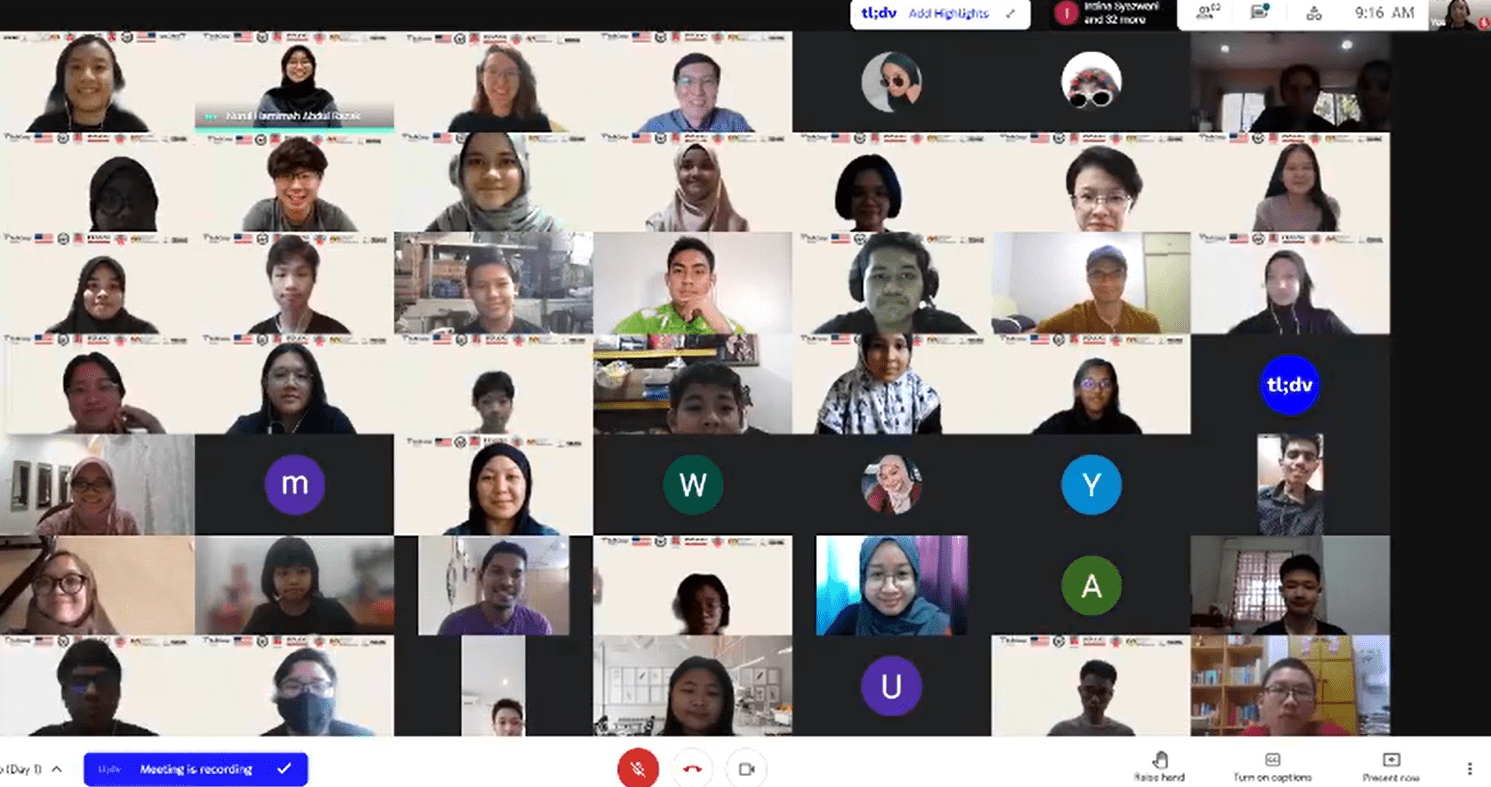
Our Goal
“Media literacy is not just important, it’s crucial. It’s going to make the difference between whether kids are a tool of the mass media or whether the mass media is a tool for kids to use”, quoted Linda Ellerbee, a prominent American journalist.
In line with TechCamp Malaysia’s goals to promote data-driven, non-biased consumption of the media, as well as providing tools to the community to educate the wider public on media literacy, Youth TechCamp aims to not only educate the youth on media literacy but also empower them to further educate their peers and the community around them. We hope to normalize conversations about managing and tackling disinformation and misinformation, cybercrimes and cyberbullying.
Our Model
Youth TechCamp aims to achieve its goal in two phases. In Phase I, participants are recruited to join a 3-day virtual camp which is designed as a Train-the-Trainer program for the participants. In addition to media literacy modules, participants are briefed and advised on how to develop similar media literacy workshops for peers in their respective schools or universities.
In Phase II, these participants, now Youth Ambassadors share their newly gained knowledge with their peers. This two-phase format not only equips our youth with knowledge on media literacy, but also empowers them as leaders in the knowledge-sharing processes within their own communities and circles.
To put it into perspective, each of our 60-strong Youth Ambassadors will reach out to around 30 of their peers forming a bigger media-literate community, further spreading the awareness and the importance of media literacy. Youth TechCamp hopes to create a “domino effect” by empowering our Youth Ambassadors so that one day, everyone has at least a basic understanding of media literacy.
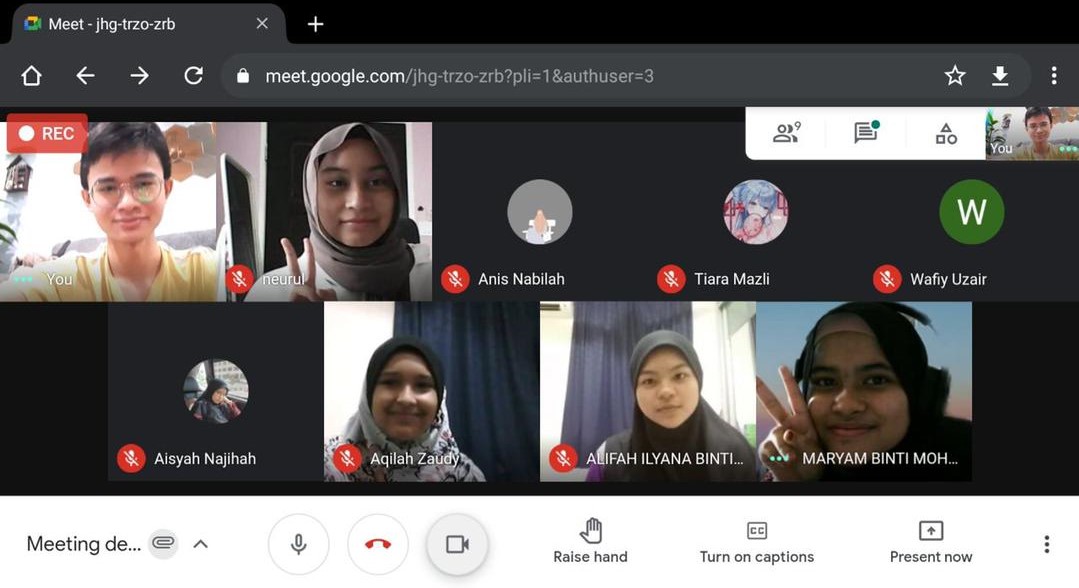
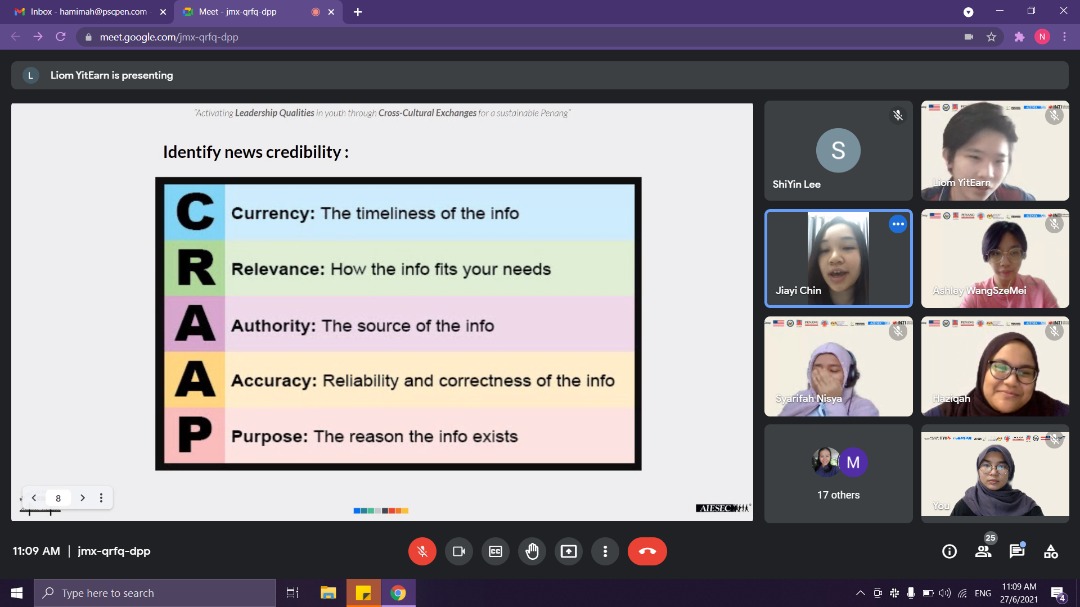
Media Literacy Workshop
Youth TechCamp welcomed participants from secondary schools (15 to 18 years old) and undergraduates (19 to 24 years old) in the month of April.
Participants completed modules such as What’s the News, Photos in the News and Creating Online Media Content, learning about a variety of topics, including fact-checking news sources, spotting misinformation and recognizing fake photographs. Participants demonstrate their learning by producing an infographic at the end of the workshop.
To enhance their learning experience, participants engaged with online tools and games that simulated real-life scenarios. This allowed them to better understand the consequences of not fact-checking information garnered online. Participants also discussed case studies that showed media as a double-edged sword; that media can be used to spread information but can also be manipulated and taken out of context.
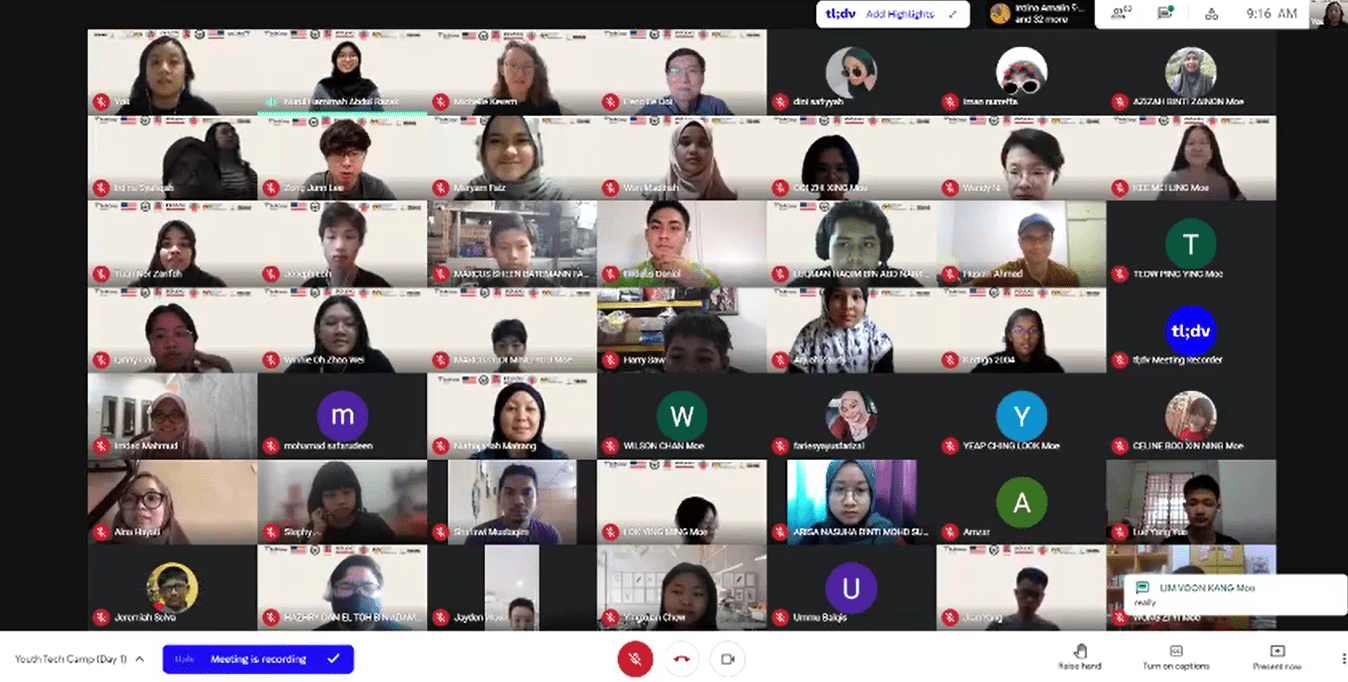
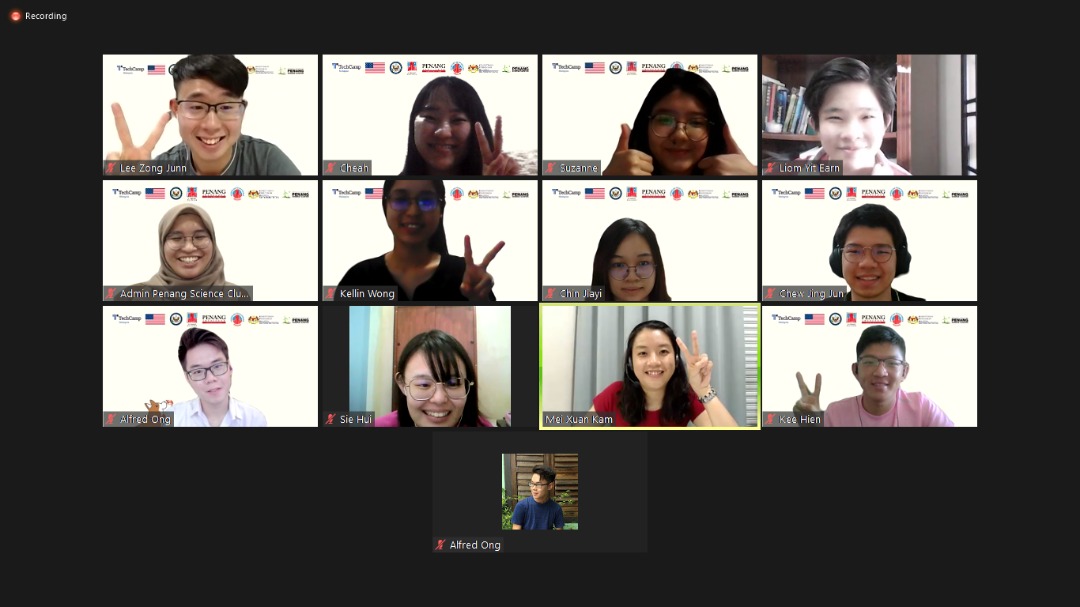
Special Talk Session
In May, participants were invited to an exclusive talk session to hear from and interact with revered veterans in the social science and public policy space: Dr. Sabariah Mohammad Salleh, the Head of Media Research Cluster of the Faculty of Social Sciences and Humanities at UKM and Dato’ Dr Ooi Kee Beng – Executive Director of Penang Institute.
Dr. Sabariah covered topics of information disorder and social media influences. Dato’ Dr Ooi, on the other hand, stressed the fundamentals of communication in our everyday lives, and advised that we ought to master the skills of conveying information accurately and precisely to others.
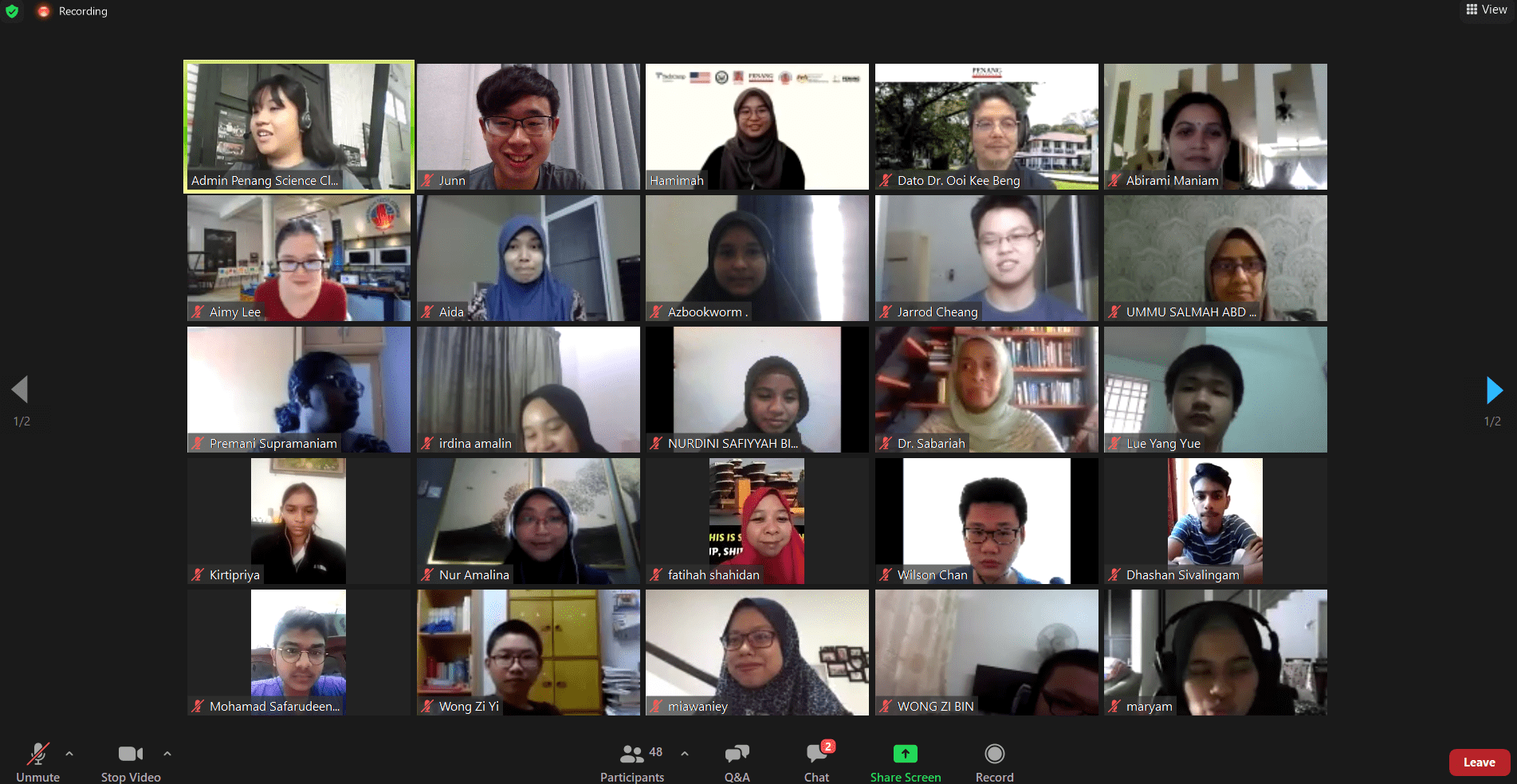
Challenges Faced
As Youth TechCamp was conducted completely virtually, lack of access to devices and internet connection was a persistent and recurring issue that had impacted the experience for some participants. To ensure that participants were able to participate in the program no matter their background or location, internet subsidies and laptop loans were provided.
To ensure that no participants were left out during the course of the program, online engagement tools such as Mentimeter were used. This approach enabled and encouraged participants who find unmuting their microphones daunting to have their voices heard as well.
Key Takeaways
‘I have learned to differentiate true news and false news on the internet. I have also become more aware of news manipulation when surfing the web,’ says Lim Han Bin, a 16-year old Youth Ambassador. His schoolmate, Tan Chiang Loong also notes that ‘the media plays an indispensable role in the dissemination of information, and as such we ought to be discerning when reading the news.’
As starting points of different groups and cultures vary, In order to get a message across to intended audiences, Youth TechCamp highlighted the importance of listening and discourse to participants. Having open discussions helps diversify how we address issues and allows us to better reach our audiences. Moving forward, we hope to be able to replicate this program and increase our reach to more participants in the future.
From our workshops, we learned that different age groups, professions and backgrounds; high school students, undergraduates, teachers and professionals perceive media literacy differently. Students generally limit the scope of media literacy exclusively to social media platforms like Facebook and Instagram. Adults, on the other hand, tend to emphasize more on the impact of media on our daily lives including in forming political views and social stereotypes.
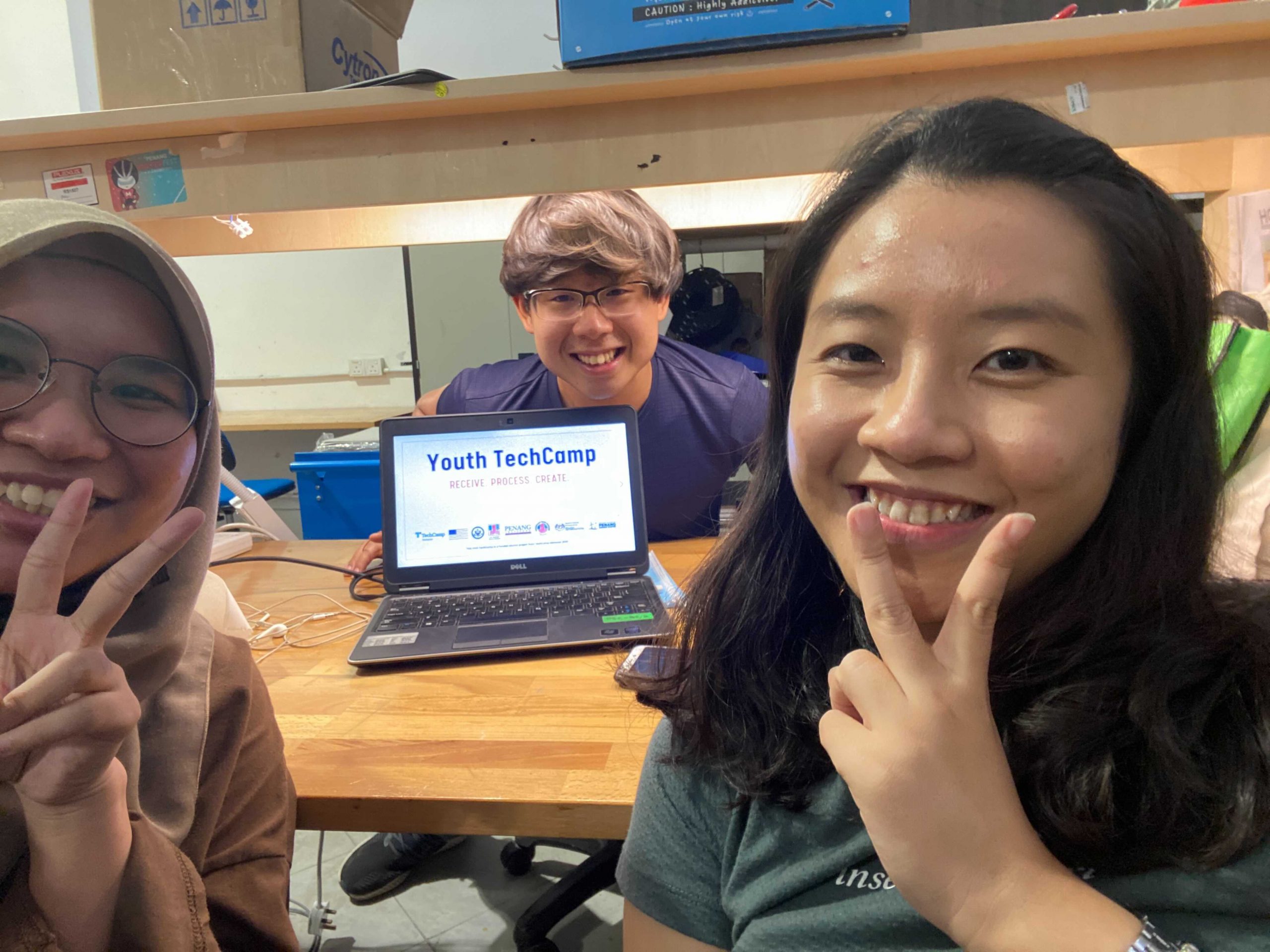
Kam Mei Xuan





